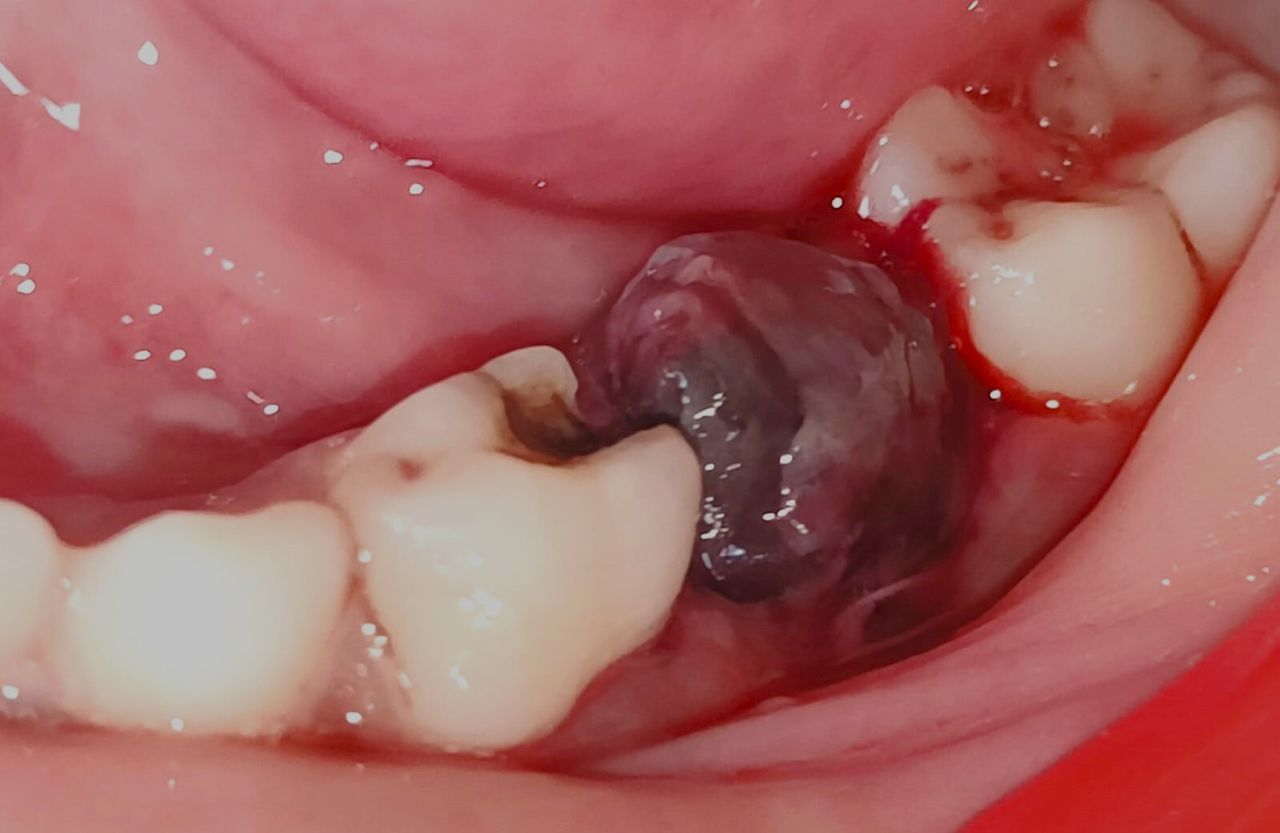
crease sharply after the second or third day
Facial swelling varies by procedure. Swelling may increase sharply after the second or third day. It typically peaks within 48 to 72 hours. Cold compresses help slow initial inflammation. After that, warm compresses promote circulation. If swelling continues beyond five days, check for infection. It may spread toward the neck or eye in rare cases. Difficulty swallowing or breathing needs urgent attention.
Pain that intensifies rather than subsides should not be ignored
Post-surgical discomfort should gradually ease. Pain that intensifies rather than subsides should not be ignored. Over-the-counter medications often control moderate pain. Prescription options are given when more intense. If pain becomes sharp or localized, inflammation may be increasing. Nerve irritation or bone exposure could be developing. Lack of relief suggests delayed healing or complication. Ongoing severe pain is not part of normal recovery.
Fever accompanied by chills may indicate an underlying infection
Monitoring body temperature is essential. Fever accompanied by chills may indicate an underlying infection. Low-grade temperatures can occur from inflammation. A sudden spike should prompt clinical evaluation. Infections can begin beneath soft tissue or in the bone. Pus drainage or foul odor are additional warning signs. Antibiotics might be necessary depending on the spread. Infections left untreated can enter the bloodstream.
Jaw stiffness that worsens instead of loosening could be a sign of complication
Limited movement can follow extractions. Jaw stiffness that worsens instead of loosening could be a sign of complication. Temporomandibular joint strain is common post-surgery. Most patients regain function within a few days. Persistent lockjaw or jaw deviation requires examination. Muscle spasm or deep tissue swelling could be involved. Physical therapy or anti-inflammatories may help reduce tension. Ignore it too long and chewing remains limited.
Numbness that continues past a week may involve nerve involvement
Nerve proximity affects sensation. Numbness that continues past a week may involve nerve involvement. Lower wisdom teeth are close to the inferior alveolar nerve. Tingling in lips or chin suggests sensory disruption. Most cases improve slowly over weeks or months. Permanent numbness is rare but possible. A neurosensory test can assess the extent. Follow-up scans may show if compression occurred.
Bad breath that develops days after surgery may reflect trapped debris
Breath quality changes post-surgery. Bad breath that develops days after surgery may reflect trapped debris. Food particles in the socket can rot and produce odor. Dry mouth from pain medications also contributes. Gentle rinsing is usually enough after 24 hours. Overuse of mouthwash can damage healing tissue. Hydrogen peroxide should never be used unless directed. Malodor may be an early sign of infection.
A bitter or salty taste might signal pus leaking from the surgical site
Taste disturbances should be monitored. A bitter or salty taste might signal pus leaking from the surgical site. It often accompanies swelling or localized pain. The sensation can worsen when lying down. In some cases, patients may see yellowish discharge. Drainage that continues should be evaluated. This could be a sign of abscess formation. Treatment might include incision and drainage.
Visible white material in the socket is not always a sign of infection
Socket appearance often changes during healing. Visible white material in the socket is not always a sign of infection. Granulation tissue may appear pale or whitish. This tissue supports healing and fills the gap. It should not be confused with food particles or pus. Redness and warmth are better signs of infection. If unsure, consult the surgeon before cleaning manually.
Nausea after surgery may come from swallowed blood or medications
Gastrointestinal symptoms often go overlooked. Nausea after surgery may come from swallowed blood or medications. Painkillers on an empty stomach can cause queasiness. Antibiotics may upset digestion or alter taste. Blood trickling down the throat can also trigger nausea. Staying hydrated and eating light helps minimize effects. Antiemetic medications are sometimes prescribed preemptively. Severe vomiting increases clot risk and delays recovery.
